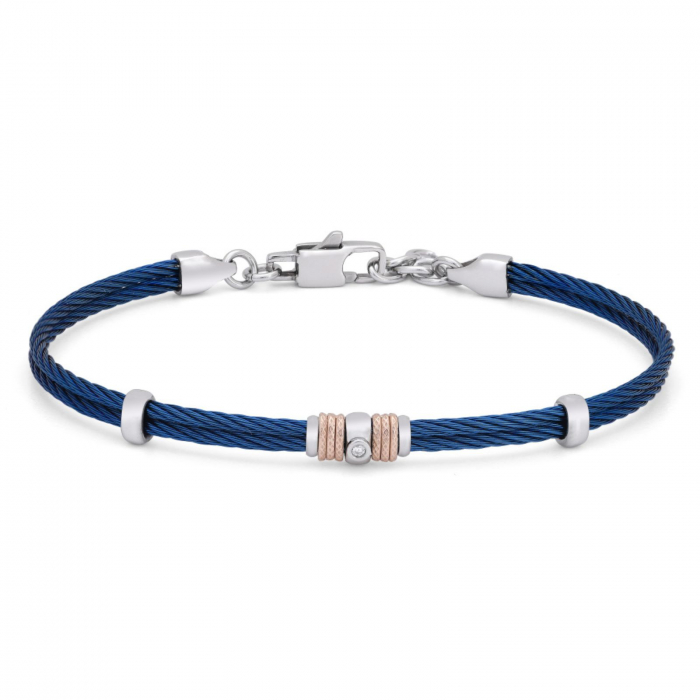Bratara barbati din piele naturala negru Infinit

Detalii Bratara barbati din piele naturala
Bratara barbati din piele naturala - Disponibil la toronero.ro
Pe YEO găsești Bratara barbati din piele naturala de la , în categoria Home > Bărbați > Brățări.
Indiferent de nevoile tale, Bratara barbati din piele naturala negru Infinit din categoria Home > Bărbați > Brățări îți poate aduce un echilibru perfect între calitate și preț, cu avantaje practice și moderne.
Preț: 99 Lei
Caracteristicile produsului Bratara barbati din piele naturala
- Brand:
- Categoria: Home > Bărbați > Brățări
- Magazin: toronero.ro
- Ultima actualizare: 22-10-2025 01:27:29
Comandă Bratara barbati din piele naturala Online, Simplu și Rapid
Prin intermediul platformei YEO, poți comanda Bratara barbati din piele naturala de la toronero.ro rapid și în siguranță. Bucură-te de o experiență de cumpărături online optimizată și descoperă cele mai bune oferte actualizate constant.
Descriere magazin:
Brățara pentru bărbați din piele naturală negru Infinit de la Toro Nero este realizată din piele naturală împletită, oferind un aspect stilat și robust. Închiderea magnetică este din oțel inoxidabil solid, gravată cu logo-ul Toro Nero, asigurând atât securitatea cât și eleganța. Este ușoară și confortabilă, perfectă pentru a adăuga un plus de stil oricărei ținute. The Regulatory Landscape of US Sports Betting Through Betzonic The transformation of sports betting in the United States represents one of the most significant regulatory shifts in modern gaming history. Following the Supreme Court\'s landmark decision in Murphy v. NCAA in 2018, which struck down the Professional and Amateur Sports Protection Act (PASPA), individual states gained the authority to legalize and regulate sports wagering within their borders. This seismic change has created a complex patchwork of regulations that continues to evolve, with platforms like Betzonic navigating an increasingly sophisticated legal landscape that varies dramatically from state to state. The Foundation: PASPA\'s Fall and State-by-State Legalization The Professional and Amateur Sports Protection Act of 1992 effectively banned sports betting in all states except Nevada, which had been grandfathered in due to existing operations. For over two decades, this federal prohibition created an underground market estimated to be worth hundreds of billions of dollars annually. The Murphy v. NCAA decision fundamentally altered this landscape by ruling that PASPA violated the Tenth Amendment\'s anti-commandeering principle, which prevents the federal government from compelling states to enforce federal regulatory programs. In the aftermath of this ruling, states moved with unprecedented speed to establish their own regulatory frameworks. New Jersey, the plaintiff in the original case, launched legal sports betting within weeks of the decision. Delaware, Pennsylvania, and West Virginia quickly followed suit, each developing unique approaches to licensing, taxation, and operational requirements. By 2024, over 30 states plus the District of Columbia have legalized sports betting in some form, creating a market that generates billions in annual revenue and hundreds of millions in tax receipts. The state-by-state approach has resulted in significant variations in regulatory structure. Some states, like New Jersey and Pennsylvania, have embraced comprehensive online and retail operations with multiple operators competing for market share. Others, such as Montana and New Hampshire, have implemented more restrictive models with limited operators or state-controlled systems. These differences reflect varying political climates, existing gaming infrastructure, and revenue generation priorities across different jurisdictions. Regulatory Frameworks and Compliance Requirements Modern sports betting regulation encompasses multiple layers of oversight, from initial licensing requirements to ongoing operational compliance. State gaming commissions typically serve as the primary regulatory bodies, establishing rules for operator licensing, player protection, responsible gaming measures, and tax collection. These agencies often require extensive background checks, financial audits, and technical system certifications before granting licenses to operate. The licensing process itself varies considerably between states. Some jurisdictions require operators to partner with existing casinos or racetracks, known as "tethering" requirements, while others allow standalone digital operations. Licensing fees range from hundreds of thousands to millions of dollars, with some states also requiring ongoing revenue sharing agreements or annual renewal fees. For platforms seeking to operate across multiple states, you can check this out at Betzonic to understand how operators must navigate these varying requirements while maintaining compliance across different regulatory environments. Player protection represents another critical component of the regulatory framework. Most states mandate age ve

Produse asemănătoare

Bratara Barbati cu Diamant de 0.015ct, din Otel Inoxidabil Argintiu-Roz
![]() onixbox.ro
onixbox.ro
Actualizat in 28/10/2025
960 Lei

Bratara cu Diamant de 0.015ct pentru Barbati, din Otel Inoxidabil Negru
![]() onixbox.ro
onixbox.ro
Actualizat in 28/10/2025
960 Lei

Bratara din Otel Inoxidabil cu Diamant de 0.015ct pentru Barbati
![]() onixbox.ro
onixbox.ro
Actualizat in 28/10/2025
1000 Lei

Bratara Barbati cu Diamant de 0.015ct, din Otel Inoxidabil Auriu
![]() onixbox.ro
onixbox.ro
Actualizat in 28/10/2025
920 Lei

Bratara cu Diamant de 0.015ct pentru Barbati, din Otel Inoxidabil Albastru
![]() onixbox.ro
onixbox.ro
Actualizat in 28/10/2025
960 Lei

Bratara Barbati cu Diamant de 0.015ct, din Otel Inoxidabil Albastru
![]() onixbox.ro
onixbox.ro
Actualizat in 28/10/2025
920 Lei